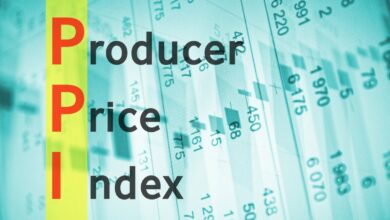Global Crises and IMF Program Impact Ghana’s Economic Performance

Accra, Ghana – Ghana’s economy has been significantly impacted by global events and economic policies, according to recent statements by Dr. Mohammed Amin Adam, finance minister .
The combined effects of the COVID-19 pandemic and the ongoing Russia-Ukraine war have created substantial challenges for the country. These events have disrupted global logistics, leading to food shortages and increased inflation worldwide. Ghana, heavily reliant on imports and external economic factors, has felt these effects keenly.

“In 2022, Ghana’s economic growth fell from 5.1% to 3.8%, mirroring the global downturn. Despite these setbacks, Ghana’s economy showed resilience, maintaining a growth rate of 3.8% amidst a period when many African nations experienced negative growth,” the finance minister noted.
The challenges continued into 2023 when Ghana implemented fiscal consolidation measures as part of an IMF program. This program, aimed at stabilizing the economy, imposed strict spending and borrowing limits. While necessary for long-term stability, these restrictions further dampened growth prospects in the short term.
Economic experts emphasize the importance of considering these external and policy-driven factors when evaluating Ghana’s economic performance. “Understanding the broader context of global influences is crucial. Ignoring these factors in economic assessments would provide an incomplete picture of the situation,” the minister added.
As Ghana navigates these complex challenges, the focus remains on balancing immediate economic needs with long-term stability and growth.




